The study of real complex systems requires the curation, structuring, filtering, analysis, and visualization of large amounts of empirical and experimental data. The main goal is to extract knowledge from data by combining a data-driven approach, based on different statistical, data mining, and machine learning techniques, with analytic and computational methodologies that allow us to construct and simulate meaningful models with predictive power.
Applications have been developed at the Institute to be applied in fields ranging from language structure to social networks and urban mobility. Concretely, UBICS researchers have proposed a Collaborative Conversational Recommender framework, in which a synchronous and online 3D interface for multiple consumers integrates with a recommender system. Our work has also focused on game-based learning tools for both teachers and students. In the case of teachers, mechanisms for the design of educational games have been proposed. Moreover, related to social awareness (i.e., energy awareness), there are implementations of several gamified solutions that incorporate virtual agents to motivate and educate children in energy issues. These virtual agents communicate with users in natural language.
Researchers involved in this line are:
